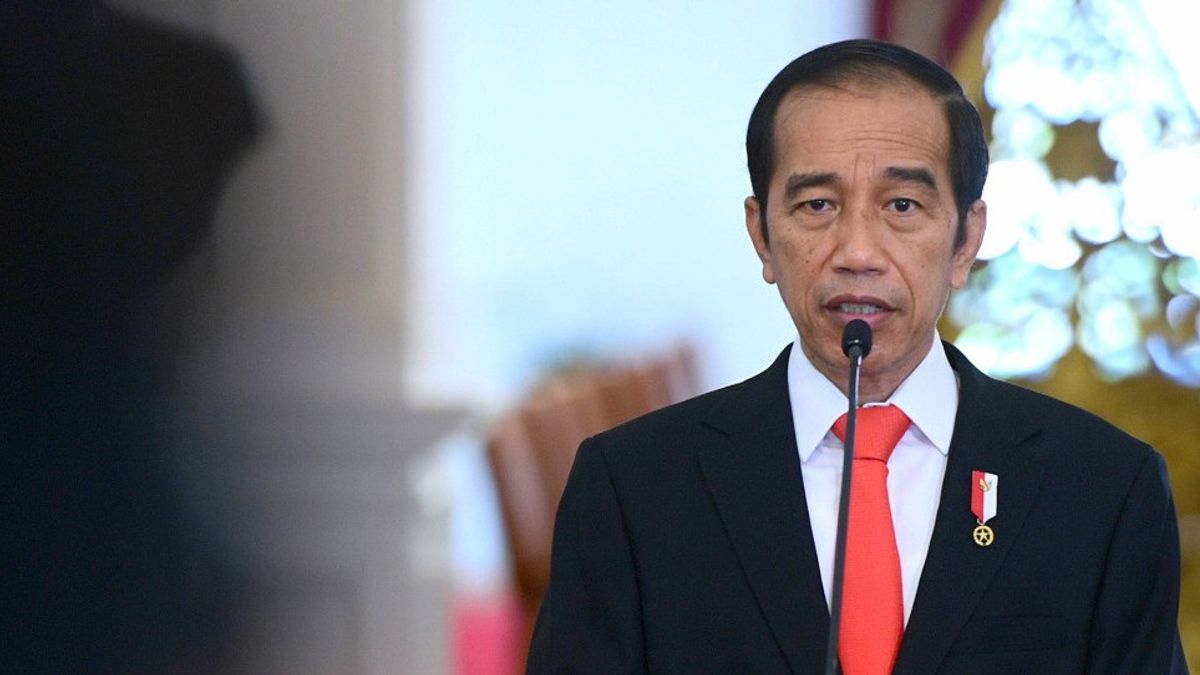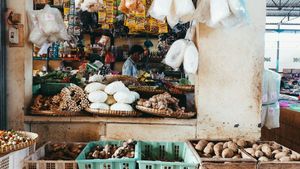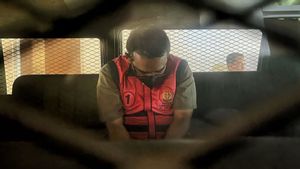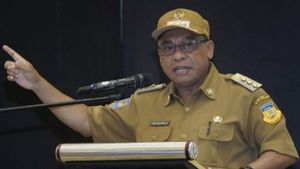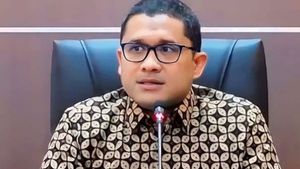JAKARTA - The government has set the simultaneous election day for the 9 December 2020 Pilkada as a national holiday.
This determination is based on Presidential Decree (Keppres) Number 22 of 2020 concerning Voting Day for the Election of Governors and Deputy Governors, Regents and Deputy Regents as well as Mayors and Deputy Mayors in 2020 as a national holiday.
"To establish Wednesday 9 December 2020 as a national holiday in the context of the election for the Governor and Deputy Governor, the Regent and Deputy Regent, as well as the Mayor and Deputy Mayor simultaneously," the decree stipulated in the first decision of the regulation as quoted by Antara, Saturday, 28 November.
The Presidential Decree comes into force on the date of stipulation, namely on 27 November 2020.
The 2020 Pilkada will be held in 270 regions in Indonesia, covering 9 provinces, 224 regencies and 37 cities.
Initially, the election day for the Pilkada would be held on September 23, 2020 but due to the COVID-19 pandemic, the voting day was postponed to December 9, which is also World Anti-Corruption Day.
The registration stage for the 2020 Pilkada candidate pairs has been carried out on September 4-6 2020, then the KPU will verify and announce the election participants on September 23. The campaign period runs from 26 September to 5 December 2020 or for 71 days.
Pilkada 2020The Regional Head Election or Pilkada 2020 will be special compared to other democratic parties. The 2020 Pilkada will go down in history because this democratic party was held when Indonesia was still in an emergency period for the spread of COVID-19.
To provide legal certainty regarding the implementation of health protocols in the implementation of the 2020 Pilkada, the government has issued General Election Commission (KPU) Regulation Number 6 of 2020 or PKPU No. 6/2020. The regulation contains rules for implementing health protocols at each stage of the Pilkada.
The KPU has also prepared a simulation of the voting process to counting votes at polling stations by implementing the COVID-19 prevention health protocol that involves the COVID-19 Handling Task Force. In its application, the KPU must prioritize the use of digital media in socialization or campaigns. In addition, the KPU also limits the face-to-face socialization participants and limits the number of masses who accompany the registration process for prospective pilkada participants to the KPU.
Apart from the organizers, political parties and prospective candidates who will attend the registration are also required to apply health protocols. One of its applications is the submission of registration documents for the candidate pair Pilkada which is regulated by Article 49 Paragraph (1) PKPU 6/2020.
The regulation stipulates that the documents submitted must be wrapped in a material that is resistant to liquid substances. Then before being accepted by the officer, the document was sprayed first with a disinfectant liquid.
Under the regulation, document receiving officers are required to wear personal protective equipment in the form of masks and disposable gloves. Other rules: limit the number of people in the room; crowd-making is prohibited; submission of documents must be spaced and queued; all parties brought their respective stationery; avoiding physical contact; provision of adequate sanitation facilities; and the room where the activities are kept clean.
Apart from the registration process, the campaign and voting will also be different from normal conditions. In the campaign process, the health protocol rules are listed in Articles 57-64.
What will feel the most different in the 2020 Pilkada is that candidate pairs must limit themselves to meeting the general public as much as possible. The regulation also regulates public discussions that must be held in broadcasting studios. Supporters are not allowed to attend these events.
To realize this regulation, the government has added a budget for the 2020 Pilkada. Based on data from the Ministry of Home Affairs (Kemendagri) at the end of last August, the total regional election budget was Rp. 15.22 trillion. Meanwhile, the amount disbursed by the regional government was Rp. 12.01 trillion or 92.05 percent. So there is still 7.95 percent or Rp1.21 trillion that has not been disbursed.
This amount includes an additional budget as a cost to anticipate the spread of COVID-19. For the General Election Commission (KPU), the additional budget is IDR 4.7 trillion, Bawaslu IDR 478 billion, and the Honorary Board of Election Organizers (DKPP) IDR 39 billion, supported by the State Revenue and Expenditure Budget (APBN).
The English, Chinese, Japanese, Arabic, and French versions are automatically generated by the AI. So there may still be inaccuracies in translating, please always see Indonesian as our main language. (system supported by DigitalSiber.id)
